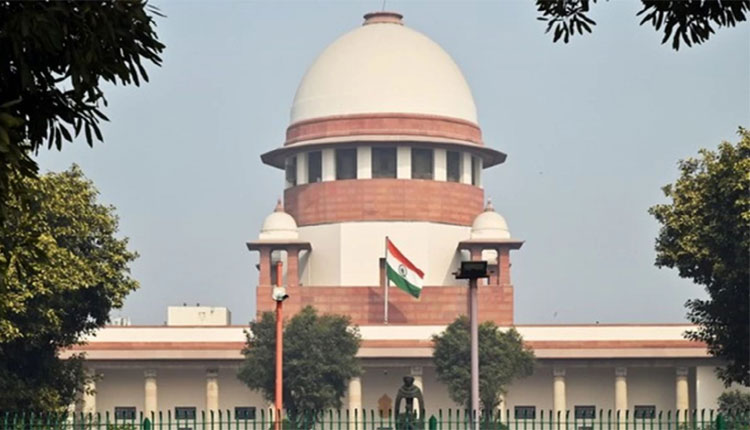New Delhi: In a stern rebuke to the governments of Delhi, Punjab, Haryana, Rajasthan, Uttar Pradesh, and the Centre, the Supreme Court on Wednesday expressed its disappointment over their failure to address the air pollution crisis during the winter season.
The top court, presided over by Justice Sanjay Kishan Kaul, instructed the aforementioned governments to submit a thorough status report on pollution control measures within two months. This directive emphasises the urgency of tackling the issue effectively.
During the hearing, concerns were raised regarding the declining temperatures in the state and the potential for worsened air quality. The Attorney General informed the court about the meetings the Cabinet Secretariat held to address the issue.
Justice Kaul stressed the need for continuous monitoring and proactive efforts to improve the air quality. The court emphasised that even if the current winter cannot be salvaged, immediate action should be taken to ensure a better situation next winter.
The Supreme Court reviewed an affidavit submitted by the government, revealing that only 53% of the environmental damage has been recovered thus far. The court urged for the expedited collection of this crucial fund to support pollution control initiatives.
The issue of farm fires, identified as a major contributor to air pollution, remains a serious concern. The court expressed its strong disapproval of this practice and emphasised the need for immediate action to curb it.
Furthermore, the Attorney General presented a draft prepared by the central government outlining steps to be taken based on the Air Quality Index (AQI) and meetings of concerned secretaries.
“We direct the state governments to take the necessary steps as per the AG’s note within two months and file a report,” the Supreme Court ordered.
The court acknowledged discussions regarding other pollution-related issues during the meeting and directed the officers to submit a report after implementing the necessary actions as outlined.
A lawyer informed the court about the current AQI of 376, highlighting the continued air quality concerns. The Supreme Court acknowledged the implementation of the Odd-Even vehicle rationing scheme but emphasised the need for further measures.
Finally, the court entrusted the CAQM (Central Air Quality Monitoring Committee) with the responsibility of investigating the issue of garbage burning, aiming to mitigate its impact and prevent its recurrence in future winters.
Considering the criticality of the situation, the Supreme Court expressed its intention to revisit the issue in the presence of a monitoring committee to ensure effective implementation of the proposed measures and track their progress.



Comments are closed.